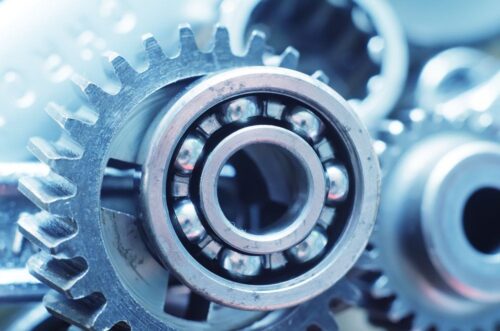PRODUCT LIABILITY LAWS AND MACHINERY: PROTECTING CONSUMERS AND MANUFACTURERS
Introduction
Product liability laws play a crucial role in safeguarding consumers and manufacturers in the realm of machinery. Machinery, ranging from industrial equipment to consumer appliances, holds the potential to cause significant harm if it is defective or unreasonably dangerous. Product liability laws ensure that both manufacturers and consumers are protected by establishing a legal framework to address potential harm caused by faulty machinery. This article will explore the importance of product liability laws in the context of machinery, highlighting how they protect consumers and manufacturers alike.
Understanding Product Liability Laws
Product liability refers to the legal responsibility held by manufacturers, distributors, suppliers, and retailers for any injuries or damages caused by their products. Product liability laws vary across jurisdictions, but they generally encompass three main types of product defects: design defects, manufacturing defects, and marketing defects (such as inadequate warnings or instructions).
Protecting Consumers
- Ensuring Safety: Product liability laws place the onus on manufacturers to design and produce machinery that is safe for its intended use. This requirement encourages manufacturers to conduct rigorous testing, quality control, and risk assessments to minimize the chances of defects that could potentially harm consumers.
- Strict Liability: One of the key principles in product liability is strict liability, which holds manufacturers responsible for injuries caused by defective machinery, regardless of their level of negligence. This means that if a consumer suffers harm due to a defect in the machinery, they can seek compensation from the manufacturer without having to prove negligence on the part of the manufacturer.
- Compensation for Damages: Product liability laws enable consumers who have been injured or suffered losses due to faulty machinery to seek compensation for their damages. This compensation can cover medical expenses, lost wages, pain and suffering, and other related costs. Such provisions provide a vital safety net for consumers affected by defective machinery.
Protecting Manufacturers
- Incentivizing Quality and Safety: While product liability laws hold manufacturers accountable for any defects or hazards in their machinery, they also incentivize manufacturers to prioritize quality and safety. By imposing potential financial liability, these laws encourage manufacturers to invest in research, development, and stringent quality control measures to minimize the risk of defective products.
- Shared Responsibility: Product liability laws also recognize that manufacturers are not the sole party responsible for ensuring the safe use of machinery. They promote shared responsibility among manufacturers, suppliers, distributors, and retailers, ensuring that each entity within the supply chain meets their obligations to deliver safe products to consumers.
- Defenses for Manufacturers: Product liability laws include defenses that manufacturers can employ to protect themselves from unfounded claims. These defenses may include showing that the consumer misused the machinery, altered the product, or failed to follow the provided instructions or warnings. Such defenses ensure that manufacturers are not held liable for damages resulting from consumer negligence or misuse.
Conclusion
Product liability laws form a critical foundation for protecting both consumers and manufacturers in the context of machinery. They establish standards of safety, ensure accountability, and provide avenues for compensation in the event of harm caused by defective machinery. By striking a balance between consumer protection and manufacturer responsibility, these laws foster a safer marketplace and encourage manufacturers to prioritize quality and safety in their products. The effective implementation and enforcement of product liability laws remain essential to safeguarding the interests of all stakeholders involved in the manufacturing and use of machinery.



